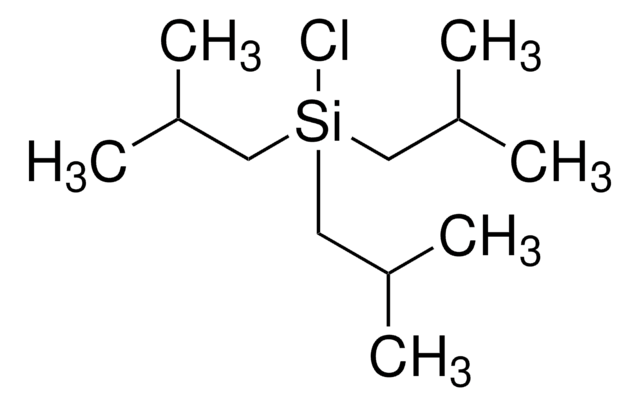774766
Lithium diisopropylamide solution
1.0 M in THF/hexanes
Synonym(s):
LDA
About This Item
Recommended Products
form
liquid
Quality Level
concentration
1.0 M in THF/hexanes
density
0.719 g/mL at 25 °C
storage temp.
2-8°C
SMILES string
[Li]N(C(C)C)C(C)C
InChI
1S/C6H14N.Li/c1-5(2)7-6(3)4;/h5-6H,1-4H3;/q-1;+1
InChI key
ZCSHNCUQKCANBX-UHFFFAOYSA-N
Looking for similar products? Visit Product Comparison Guide
General description
Application
Packaging
Legal Information
Signal Word
Danger
Hazard Statements
Hazard Classifications
Aquatic Chronic 2 - Asp. Tox. 1 - Carc. 2 - Eye Dam. 1 - Flam. Liq. 2 - Pyr. Liq. 1 - Repr. 2 - Skin Corr. 1B - STOT RE 1 Inhalation - STOT SE 3
Target Organs
Central nervous system, Nervous system, Respiratory system
Supplementary Hazards
Storage Class Code
4.2 - Pyrophoric and self-heating hazardous materials
WGK
WGK 3
Flash Point(F)
-7.6 °F - closed cup
Flash Point(C)
-22 °C - closed cup
Certificates of Analysis (COA)
Search for Certificates of Analysis (COA) by entering the products Lot/Batch Number. Lot and Batch Numbers can be found on a product’s label following the words ‘Lot’ or ‘Batch’.
Already Own This Product?
Find documentation for the products that you have recently purchased in the Document Library.
Customers Also Viewed
Our team of scientists has experience in all areas of research including Life Science, Material Science, Chemical Synthesis, Chromatography, Analytical and many others.
Contact Technical Service






![9-Borabicyclo[3.3.1]nonane solution 0.5 M in THF](/deepweb/assets/sigmaaldrich/product/structures/180/891/8b64e597-269d-4780-98b6-40889dfd06b9/640/8b64e597-269d-4780-98b6-40889dfd06b9.png)









